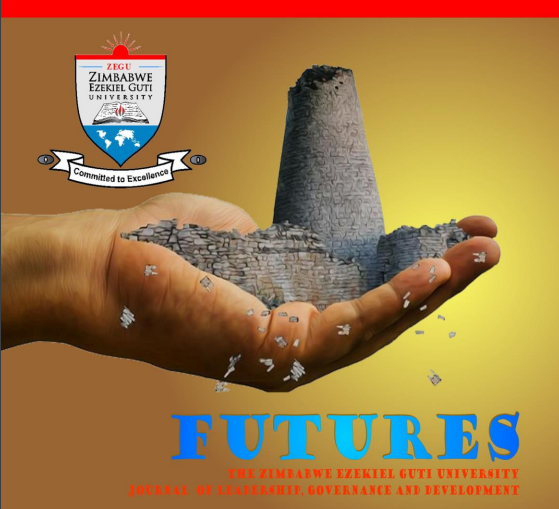Disasters, Pandemics, Vulnerability Factors And Their Impacts On Women And Children In Africa
DOI:
https://doi.org/10.71458/r37erv84Keywords:
disaster management, Heterogeneity, natural disasters, anthropogenic disasters, gender inequalityAbstract
The article argues that African women and children are vulnerable to any type of disaster or pandemic at the micro or macro level, due to their high levels of susceptibility and unequal access to resources as compared to their male counterparts. The study explores the views of stakeholders in disaster management through document reviews, interviews, focus group discussions and observations. Results of the study reveal that women in Zimbabwe, Mozambique, Malawi and South Africa suffered more at the hands of Cyclone Idai in 2019 and the COVID-19 pandemic in 2020, as compared to their male counterparts. Domestic violence cases against women increased, sexual abuse against women and girls in temporary shelters also increased, and privacy and ante-natal services were limited or not available at all in emergency facilities during Cyclone Idai and COVID19. The article recommends that disaster management in communities should take a continuous multi-stakeholder approach where all parties take turns to be at the forefront in terms of basic needs provisions. More resources should be set aside with enough monitoring and evaluation at national and international levels to cater for the vulnerable communities and sectors of the population like women and children during disasters and pandemics.




